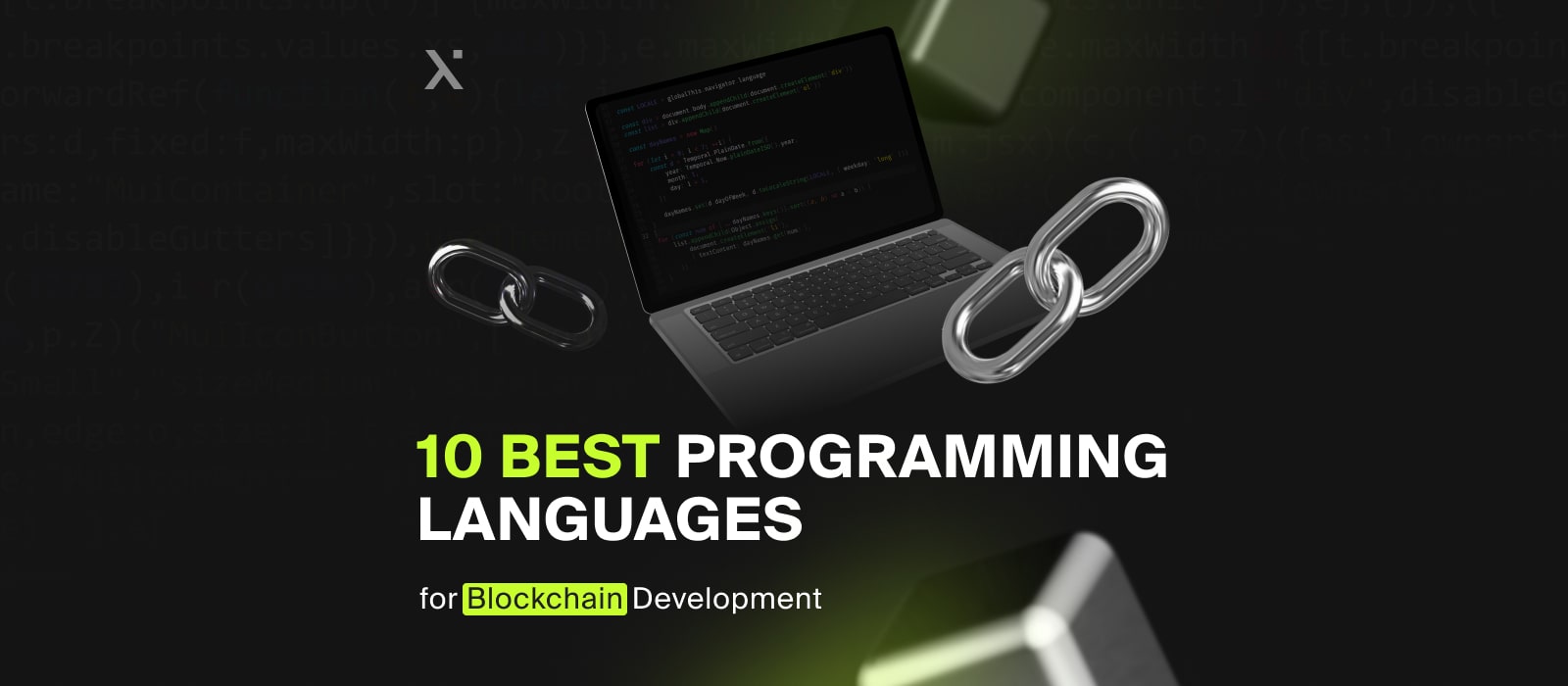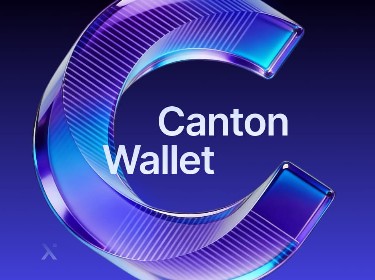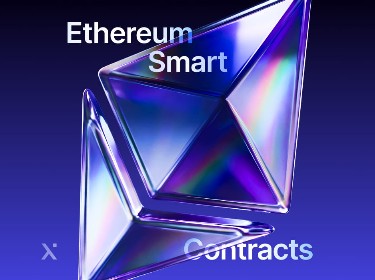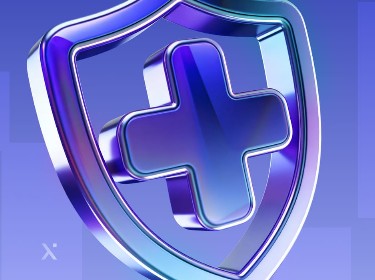Blockchain technology is upgrading industries, and the right programming language is crucial for building innovative solutions. With so many options available, which languages will lead the charge in 2026?
As blockchain technology continues to mature, so do blockchain programming languages. In 2026, a select few languages are poised to dominate the blockchain development landscape. Supported by strong communities, robust toolchains, and a proven track record, these languages will be instrumental in building the next generation of dApps and smart contracts, as well as user-facing products like Web3 wallet development solutions.
The global blockchain technology market is experiencing explosive growth, projected to reach a staggering USD 1,879.30 billion by 2034. This surge in adoption is fueled by a variety of factors, including the increasing demand for secure and transparent digital transactions, the rise of decentralized finance, and the interest in NFT development, including DeFi token development for new protocol economies.
Governments around the world are also recognizing the potential of blockchain technology to streamline processes, reduce fraud, and enhance citizen services. Many countries have implemented blockchain-based solutions for e-governance, identity management, and supply chain tracking.
In this comprehensive guide composed by PixelPlex blockchain development and consulting teams, we delve into the top 10 blockchain programming languages. We’ll explore their key features, advantages, and use cases, empowering you to make informed decisions as you start or continue your blockchain journey.
Aspects to consider before choosing a programming language for blockchain development
![]()
Choosing the best programming language for blockchain development is crucial for project success. Our blockchain specialists emphasize the importance of thoroughly considering various factors.
Here are eight key aspects to consider when making this choice. These criteria are especially important if you’re planning public blockchain development services or IDO development services, where ecosystem maturity and tooling can directly affect time-to-market.
Community and ecosystem
- Active community: A strong and active community can provide invaluable support, resources, and knowledge sharing.
- Developer tools and frameworks: A robust ecosystem of tools and frameworks can streamline dApp development, testing, and deployment processes, which is especially important for Web3 marketplace development, where integrations, scalability, and audits add complexity.
- Security audits and bug bounties: A mature community often includes security experts who conduct regular audits and offer bug bounties, helping to identify and address potential vulnerabilities.
Ease of learning and development
- Learning curve: Our team recommends analyzing the language’s learning curve. A language with a gentle learning curve can accelerate development time, especially for newcomers to the blockchain.
- Readability and maintainability: A well-structured and readable codebase is essential for long-term maintenance and collaboration.
Performance and scalability
- Execution speed: The language’s execution speed can impact transaction throughput and network performance.
- Scalability: Consider the language’s ability to handle increased transaction volume and network growth.
- Resource efficiency: A language that efficiently utilizes system resources can reduce infrastructure costs and improve overall performance.
Security
- Security features: A language with built-in security features such as type safety and memory management can help mitigate common vulnerabilities.
- Formal verification: Some languages support formal verification techniques, which can mathematically prove the correctness of code and enhance security – we also believe it’s important to check this function.
Smart contract functionality
- Smart contract support: If your project involves smart contract development, choose a language that offers robust smart contract capabilities and a mature development environment.
- Flexibility and expressiveness: The language should provide the flexibility to create complex smart contracts. All the languages from our list are suitable for high-functionality smart contracts integration.
- Gas fees and efficiency: Picking a language that encourages efficient coding practices, combined with smart optimization strategies, can make a real difference in lowering gas costs for users – an essential consideration for stablecoin development, where high-frequency transfers can quickly amplify inefficiencies.
Interoperability
- Cross-chain communication: A language that supports interoperability protocols can facilitate communication and data exchange between different blockchains.
- Blockchain integration with other systems: The language should be able to integrate with other systems such as traditional databases, APIs, and cloud services.
Maturity and stability
- Language maturity: A mature language with a proven track record is less likely to have significant breaking changes or security vulnerabilities. Our list of top 10 blockchain languages contains several relatively new ones, however, they’ve been used in the world-famous and widely adopted solutions and projects.
Specific project requirements
- Use case: The specific use case of your blockchain project will influence the language choice. For example, a Web3 game development company may prioritize performance and tooling for high-frequency interactions, while a decentralized application might be better suited to a higher-level language like Solidity.
- Team expertise: Consider your team’s existing skills and experience. Choosing a language that aligns with your team’s strengths can accelerate development and reduce the learning curve.
How to integrate blockchain into your existing business infrastructure – exploring together with our blockchain experts
Top 10 programming languages for blockchain development
As the demand for blockchain solutions continues to grow, it’s important to keep abreast of the most popular languages that power innovation.
Here’s a breakdown of the top ten programming languages for blockchain development from our blockchain experts.
![]()
1. Solidity
Solidity, the most widely used language for smart contract development on the Ethereum blockchain, is a high-level language inspired by C++. It provides a relatively straightforward syntax and a robust ecosystem of tools and libraries.
Pros:
- Ease of learning: Its syntax is familiar to developers with experience in C-like languages.
- Large community: A large and active community provides extensive support and resources.
- Rich ecosystem: A wide range of tools and frameworks are available for the Ethereum development on Solidity.
Cons:
- Performance limitations: Solidity smart contracts can be relatively slow and expensive to execute.
- Security concerns: As with any complex system, Solidity-powered smart contracts can be vulnerable to some security issues.
2. Rust
Known for its focus on performance and safety, Rust has gained significant traction in the blockchain community. It’s used in Solana development, Filecoin, and Polkadot development.
Pros:
- Performance: Rust offers exceptional performance and low-level control.
- Memory safety: Its strong type system and ownership model help prevent common programming errors.
- Concurrency: Rust’s powerful concurrency primitives enable efficient handling of parallel tasks.
Cons:
- Steep learning curve: Rust’s unique syntax and ownership model can be challenging for newcomers.
- Complex toolchain: The Rust toolchain can be more complex to set up and use than those of other languages.
3. JavaScript
JavaScript, a ubiquitous language for web3 development, has extended its reach to the blockchain domain. With frameworks like EthereumJS and frameworks built on top of it like Hardhat, developers can leverage their existing JavaScript skills to build blockchain applications. In mobile-first projects, JavaScript-based blockchain logic is often paired with Flutter development services to deliver cross-platform wallet and dApp interfaces on iOS and Android.
Pros:
- Wide adoption: A vast community and ecosystem of tools and libraries.
- Ease of learning: Familiar to many developers, making it a low barrier to entry.
- Versatility: Can be used for both frontend and backend development.
Cons:
- Performance limitations: JavaScript can be slower than compiled languages like Rust or C++.
- Security risks: Improper handling of security best practices can lead to vulnerabilities.
Top 10 Blockchain Use Cases in 2026 and Beyond
How to Select The Best Blockchain Platform
Blockchain for Startups: Advantages and Use Cases
4. Python
Python, a versatile language known for its readability and simplicity, is used in various blockchain projects, including Ethereum and Hyperledger Fabric development.
Pros:
- Ease of learning: Python’s clear syntax and extensive libraries make it easy to learn and use.
- Wide range of applications: Suitable for both backend and frontend development, as well as data analysis and machine learning solutions.
- Strong community: A large and active community provides support and resources.
Cons:
- Performance overhead: Python can be slower than compiled languages.
- Global interpreter lock (GIL): Limits the scalability of Python applications.
5. Move
Move is a relatively new language designed specifically for blockchain development, with a focus on security and flexibility. It’s used in projects like Aptos blockchain and Sui blockchain.
Pros:
- Security: Move’s type system and formal verification tools help prevent common security vulnerabilities.
- Performance: Designed for high-performance blockchain applications.
- Flexibility: Can be used to build a wide range of blockchain applications.
Cons:
- Limited ecosystem: A relatively new language with a smaller ecosystem compared to more established languages.
- Steep learning curve: Requires understanding of advanced programming concepts and the Move language’s unique features.
6. Go
Go is a modern language developed by Google. It is gaining popularity in the blockchain space due to its simplicity, efficiency, and concurrency support. Go is well-suited for building scalable and distributed blockchain systems.
Pros:
- Simplicity: Go’s clean syntax and concise language design make it easy to learn and use.
- Concurrency: Go’s built-in concurrency primitives enable efficient handling of parallel tasks, essential for blockchain systems.
- Performance: Go’s compiled nature and efficient garbage collector contribute to its performance.
Cons:
- Limited standard library: Go’s standard library is relatively small compared to other languages, which may require developers to rely on third-party libraries.
- Maturity: While Go is a mature language, its blockchain ecosystem is still evolving compared to more established languages like Java and C++.
Check out our recent case – Echo is an advanced Layer 2 network that easily integrates with existing blockchains to provide interoperability and advanced scripting features for crypto assets
7. Java
Java’s versatility and robustness have made it a popular choice for blockchain development. Its strong typing, object-oriented programming features, and extensive libraries make it suitable for building enterprise-grade blockchain solutions. These characteristics make the language a common choice for projects delivered by a private blockchain development company focused on permissioned networks and enterprise use cases.
Pros:
- Platform independence: Java’s “write once, run anywhere” capability allows blockchain applications to be deployed across various platforms.
- Strong community and ecosystem: Java benefits from a large and active community, providing ample resources and support.
- Security: Java’s strong security features, including memory management and access control, help protect blockchain applications from vulnerabilities.
Cons:
- Verbosity: Java’s syntax can be more verbose compared to other languages, which can impact development speed.
- Performance overhead: Java’s virtual machine can introduce performance overhead, especially for high-performance blockchain applications.
8. C++
C++ is a powerful language that offers fine-grained control over system resources, making it suitable for building high-performance blockchain solutions. It’s often used for core blockchain protocols and consensus mechanisms.
Pros:
- Performance: C++’s low-level capabilities allow for highly optimized code, resulting in efficient blockchain applications.
- Flexibility: C++’s flexibility enables developers to build complex blockchain systems with custom features.
- Security: C++’s strong type system and memory management help prevent common security vulnerabilities.
Cons:
- Steep learning curve: C++ has a complex syntax and requires a deep understanding of memory management and pointers.
- Error-prone: C++’s manual memory management can lead to memory leaks and other issues if not handled carefully.
Enterprise Blockchain: Prom Promise to Profit
DAML Development Services: Everything You Need to Know
Canton.Network Explained: How It Solves DeFi's Biggest Risks
9. Vyper
Vyper is another new language that aims to address some of the security concerns associated with Solidity. It offers a more restricted and safer programming environment, reducing the risk of accidental errors and malicious attacks. A trusted altcoin development company would definitely help you leverage all the benefits of this language.
Pros:
- Security-focused: Vyper’s design principles prioritize security, making it a safer choice for critical applications.
- Readability: Its Python-like syntax enhances code readability and maintainability.
- Interoperability: Vyper contracts can interact with Solidity contracts, providing flexibility in development.
Cons:
- Limited ecosystem: Compared to Solidity, Vyper has a smaller ecosystem and fewer tools and libraries.
- Steeper learning curve: While the syntax is simpler, understanding the underlying concepts of formal verification and type theory may require additional effort.
10. Tact
Tact is a blockchain programming language designed specifically for TON blockchain development. It offers a simple and intuitive syntax, making it easy to learn and use for developers of all experience levels.
Pros:
- Simplicity: Tact’s clean and concise syntax reduces the complexity of smart contract development.
- Efficiency: The language is optimized for performance and resource utilization.
- TON ecosystem: Tact is deeply integrated into the TON ecosystem, providing seamless access to its features and tools. All the products created on TON, like industry-specific Telegram Mini Apps and NFT marketplaces, come out highly functional and user-friendly.
Cons:
- Limited community: As a newer language, Tact has a smaller community and fewer resources compared to established languages like Solidity.
- Platform-specific: Tact is primarily designed for the TON blockchain, limiting its applicability to other platforms.
More Blockchain Applications to Explore This Year
Blockchain in Logistics & Transportation
Closing thoughts
While a plethora of languages are vying for attention, the most promising ones will likely be those that balance performance, security, and learning curve. As the blockchain ecosystem matures, we anticipate a shift towards languages that offer robust tooling, strong community support, and a clear vision for the future.
Need expert guidance?
Reach out to our blockchain experts to delve into the specifics of your project and identify how we can contribute to its success
Reach out to our blockchain experts to delve into the specifics of your project and identify how we can contribute to its success. Our capabilities include specialized ERC20 token development services, where we design, audit, and deploy secure, standards-compliant tokens that serve as the foundation for DeFi platforms, utility ecosystems, and innovative digital economies.
With extensive experience in a variety of programming languages and blockchain platforms, including Ethereum, Cardano, TON, and others, we can help you navigate the complexities of this emerging technology. From blockchain consulting and smart contract development to decentralized application design, we’ve got you covered. Our Web3 app development company expertise also extends to building the robust, scalable backends required for Web3, including specialized database development services for both on-chain and off-chain data architectures.
Remember, the right language can significantly impact the success of your blockchain application. Contact us today to discuss your project and explore how we can help you achieve your goals.




